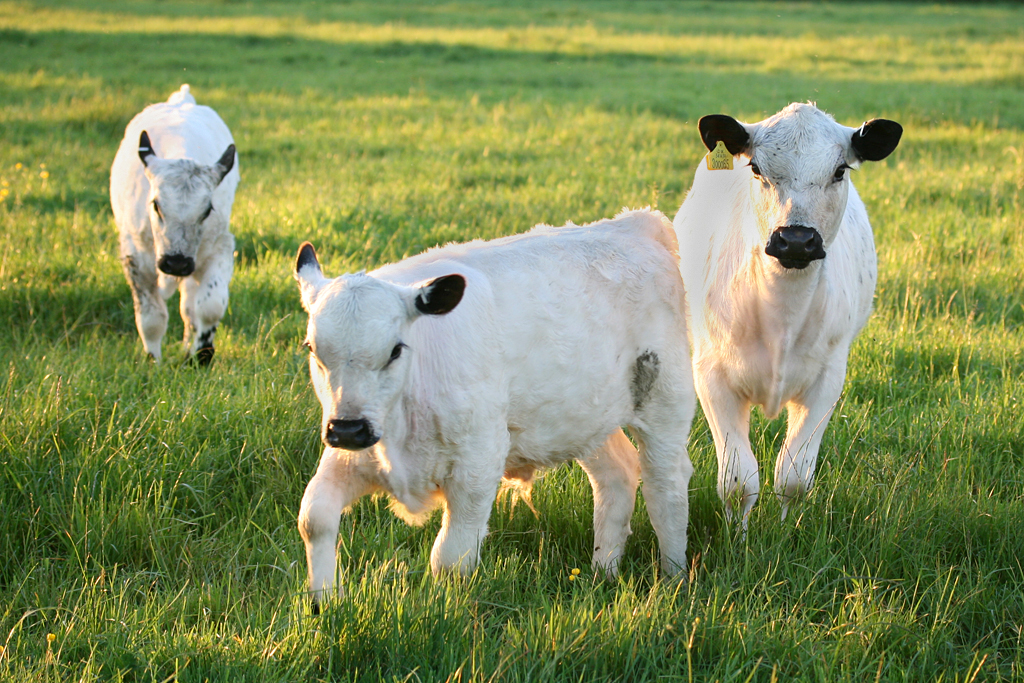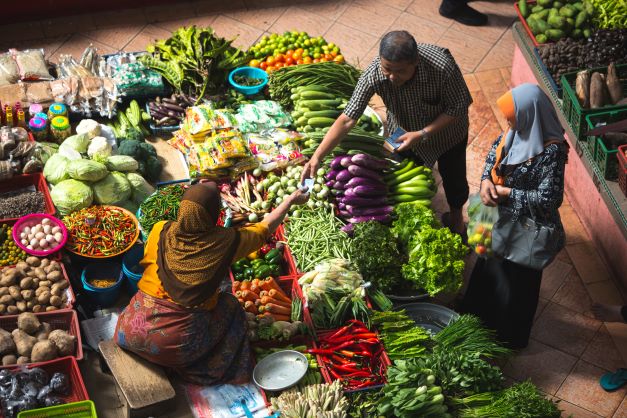Are you getting enough K2?

Why is K2 so important?
There are few nutrients that can boast lowering the risk of death from all causes but vitamin K2 does. A high intake is associated with lower risk of aortic calcification and heart disease. It lowers the risk of prostate cancer by 35% and of bone fracture by 81%.
Vitamin K2 transports calcium to where it’s needed in the bones. By doing this it prevents a build-up or calcification in other parts of the body. Most people get enough calcium in their diet but K2 can be lacking partially due to current farming practices.
Grass-Fed Dairy & Fat Soluble Vitamins
Grass-fed dairy has K2 because the conversion from K1 was made in the animal. K1 does is not found in conventional or grain fed dairy so the conversion can’t be made. Grass-fed farming is sustainable and uses the land in a way that is not possible with industrial practices.
K2 worked synergistically with two other essential nutrients thus preventing deficiency of both Vitamin A and D. The recommended amount per day is 100-1000mcg. There is no upper limit for Vitamin K2 supplementation. The only caution is to stick to food sources for those on blood thinners. Most supplements are not tested so be cautious with supplementation in any case. The best forms of are MK4 and MK7. Please note that MK7 has a longer half-life.
Brain Health, Bone Growth & Skin
A few more K2 facts are that it protects against Alzheimer’s by supporting enzymes in the brain. It is essential for bone development in infants especially the facial bones. Vitamin K2 prevents kidney stones and the calcification of elastin in the skin.
Related Posts
 Lung Health & Long COVID Recovery
Lung Health & Long COVID Recovery
 The Microbiome and GLP-1 Agonists
The Microbiome and GLP-1 Agonists




